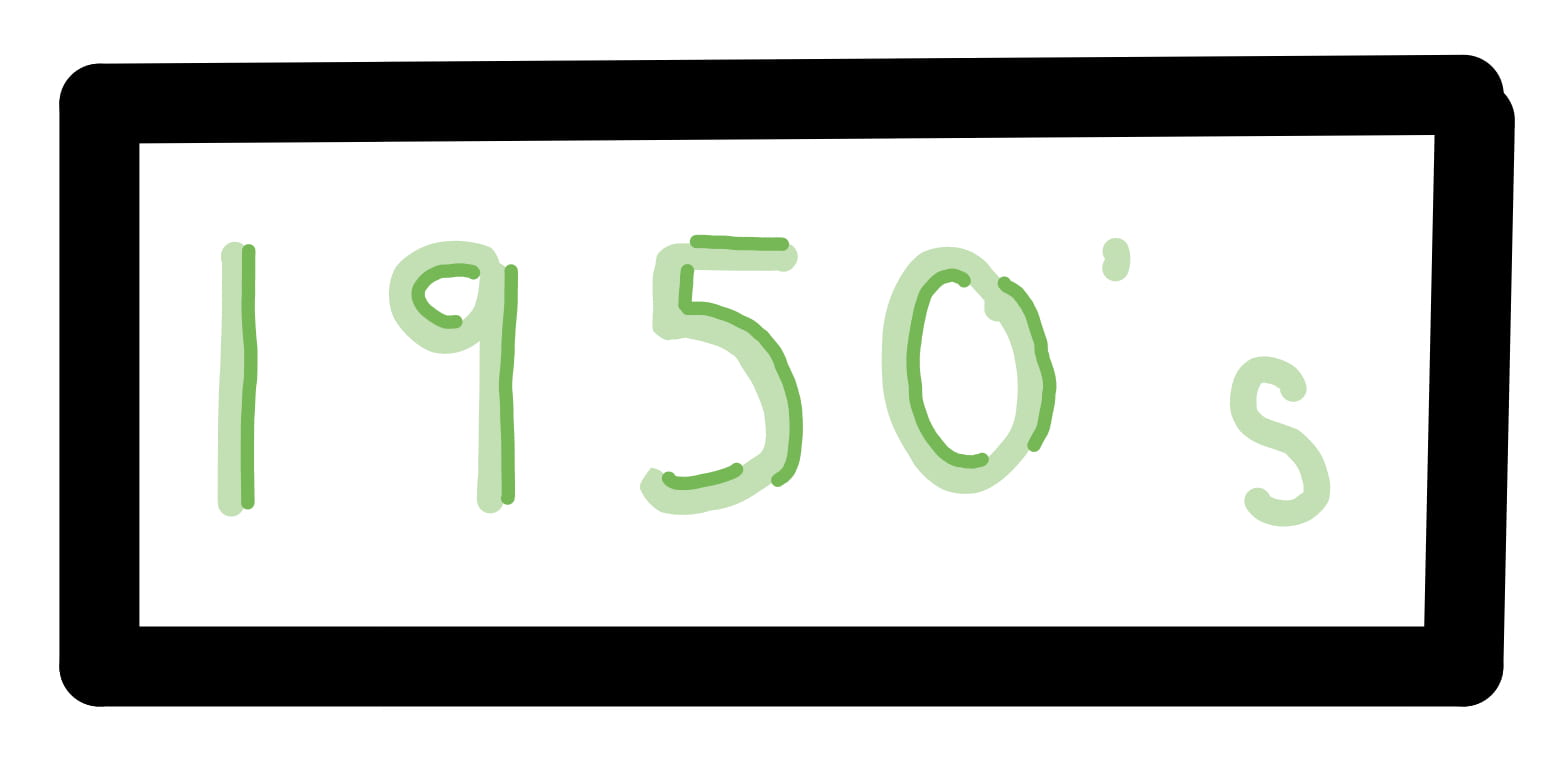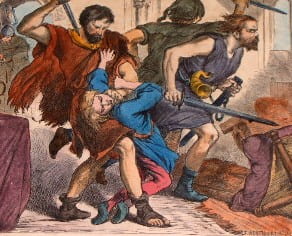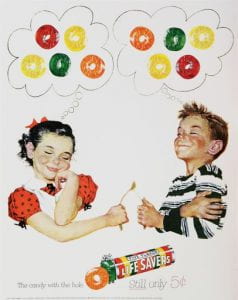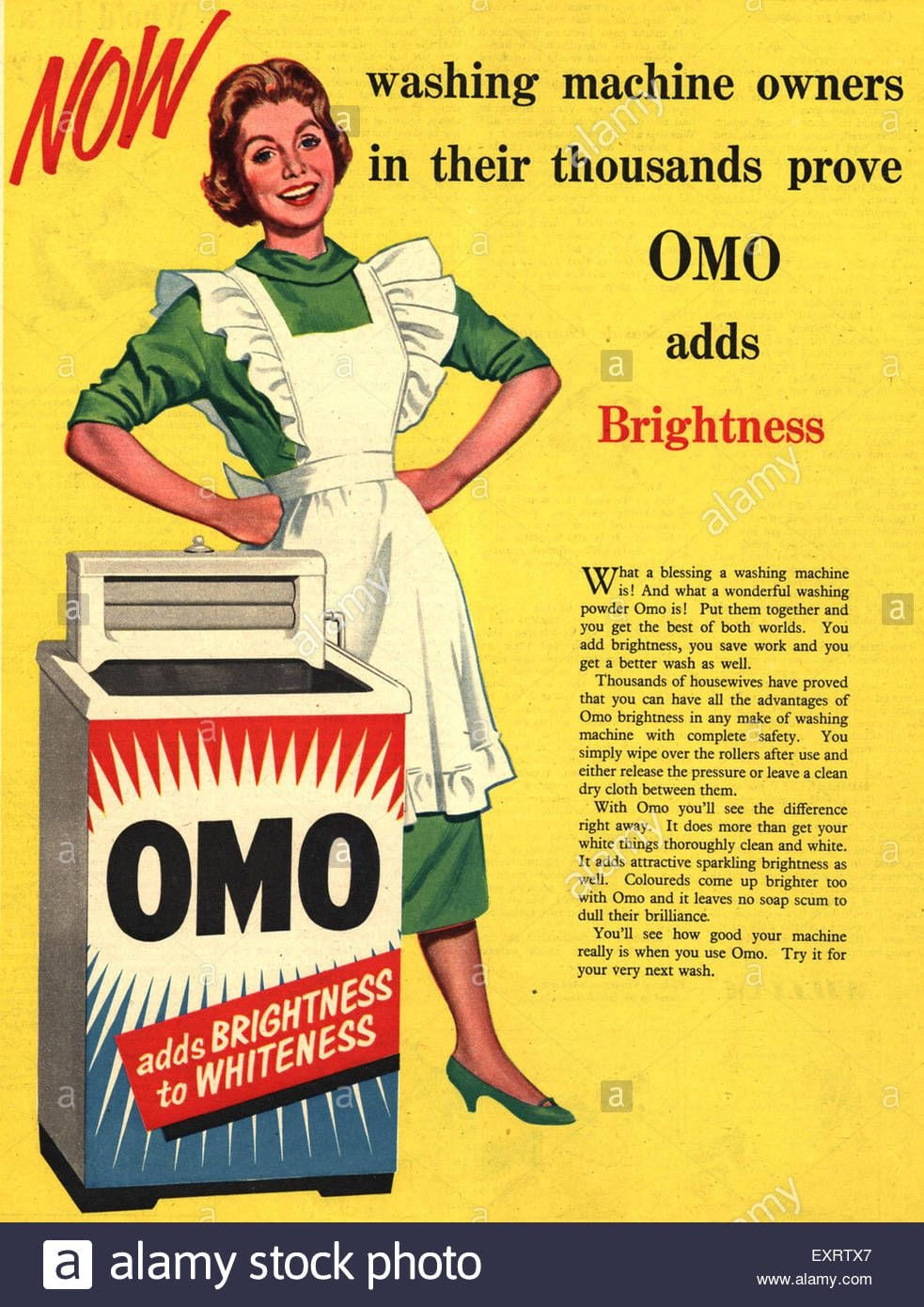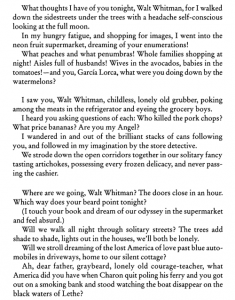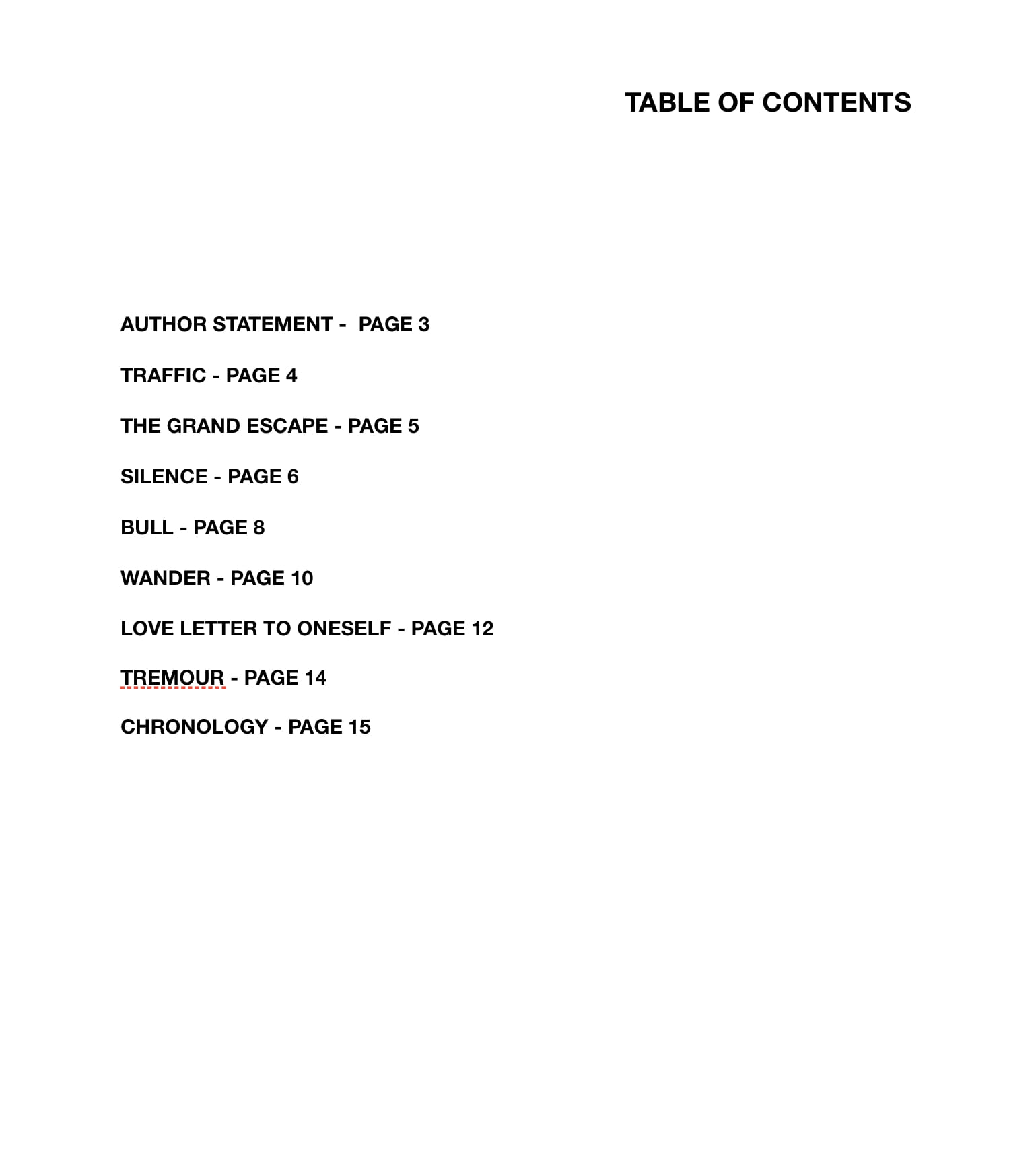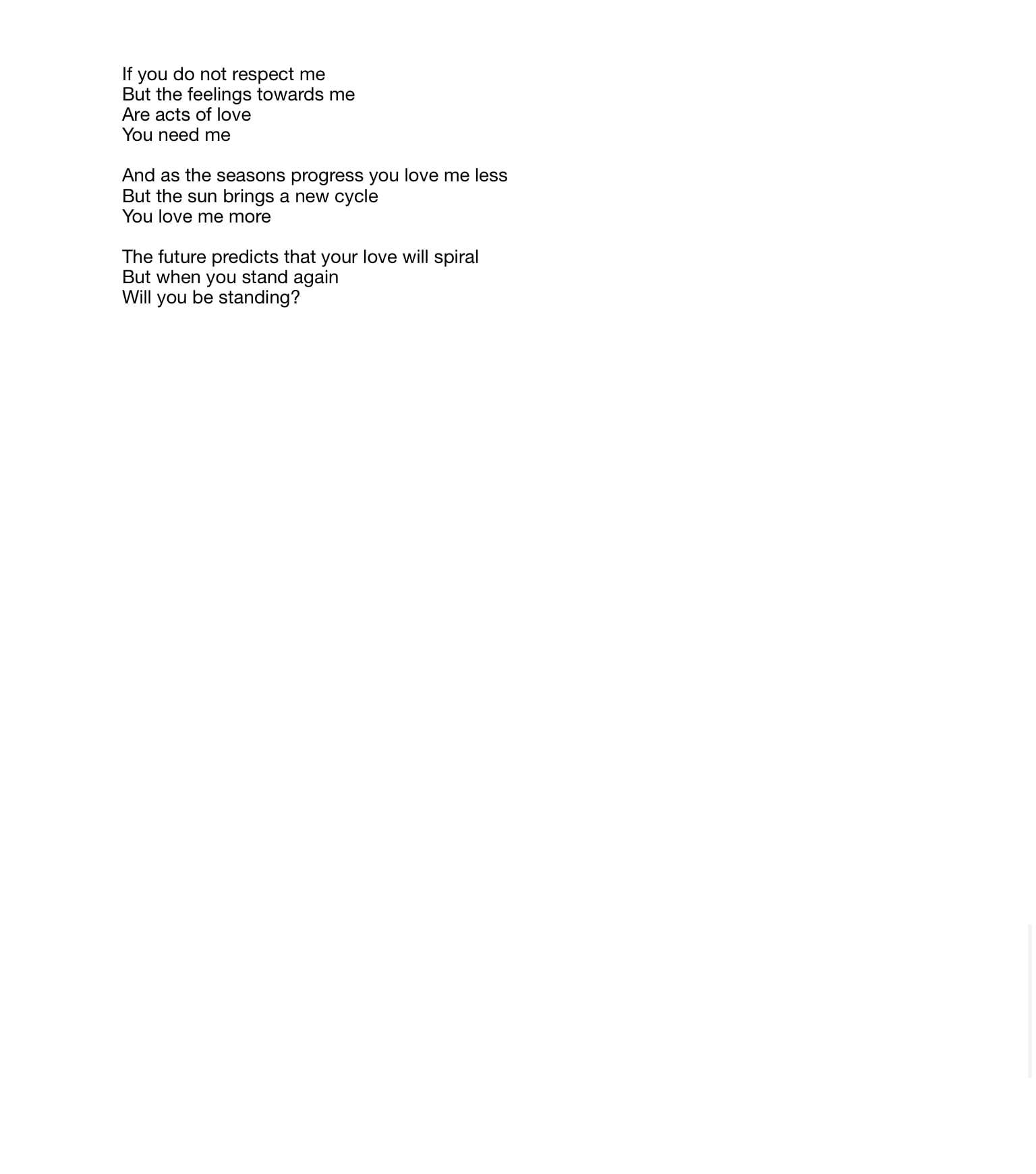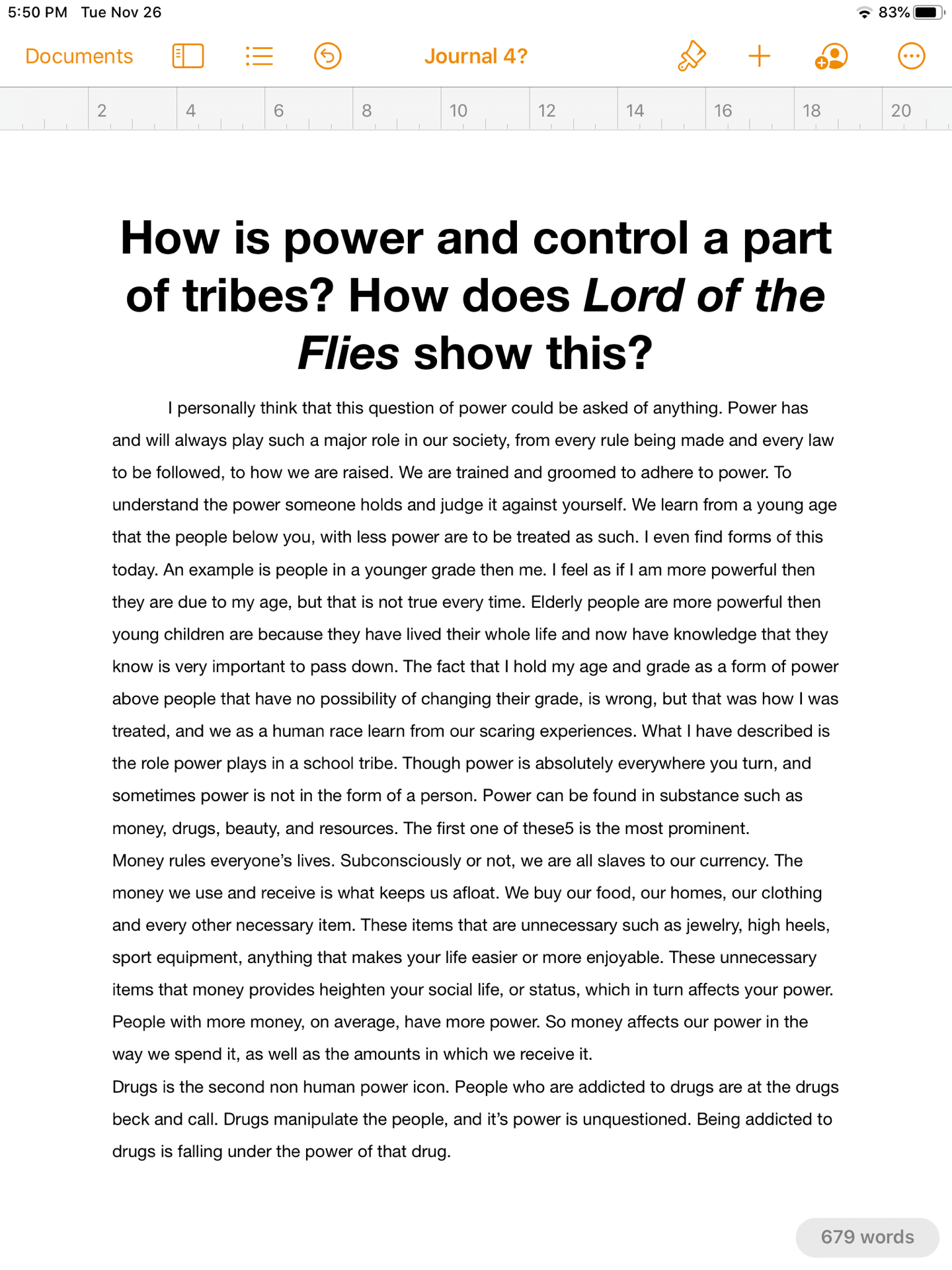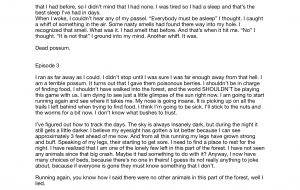QUARANTINING
This week for my This Week I Learned post I thought I would cover the topic of quarantining. Something that ties in quite well with our lives today. By quarantining I mean “to impose isolation on a person, animal, or place.” This is very clearly exemplified by the US and the security council of the UN, in our 1950’s research. The USA hated communists. Communists opposed the ideals that the US government strongly in, one of the main ideals is that communists believe more in the “whole” instead of the “individual.”
People are also ranked on what they can contribute to the whole as well. The US government at this point put all its belief on the individual, each person had their own rights and were free to do as they pleased, as well as treated and dealt with as a singular person. So the US really felt negatively towards any communist based country, because of this opposition of belief, this leads to the quarantining that I was talking about.
The USA began to eliminate communist based rulers with the Truman Doctrine. The Truman Doctrine was a doctrine that stated that the United States would provide financial aid and military support to any country struggling against a communist power. This was the USA’s way of quarantining the communist powers, they would completely isolate any countries that believed in communism by bringing other counties up who believed in the same power.
Macbeth quarantines something in his story as well by removing anyone who questioned how he came to power, and his immense amount of “luck”. He quarantined this rivalling belief. He did this by killing anyone who could question him.
The first example of this is when Macbeth killed the guards, these guards could give insight into the murderer, but Macbeth silenced them before the truth could be heard. Another example of quarantining is when Macbeth ordered murderers to kill Banquo. Banquo was killed because he began to question Macbeth’s story. (Another reason Banquo was killed was because the witches had told him that his sons would become kings, which means that Macbeth’s line will end with him. But for the reasons of this post I will stick with the previous explanation.) Macbeth was scared of someone outing his treasonous crimes, so he quarantined the truth. Much like the United States quarantining communism, Macbeth began to eliminate this rivalling power.
EXTENSION
To expand my knowledge this week I decided to bring this connection to today, and have a huge connection through quarantining.
In very recent news the outbreak of the coronavirus has taken the world by shock. With over 810 deaths reported by Sunday February 9th, surpassing the death toll of the SARS outbreak of 2003. This epidemic ties more into the literal term of quarantining. In China they have create many quarantines to keep the sick away from affecting others.
Many quarantine quarters are set up in Wuhan, they have separate areas for the diagnosed with severe symptoms, and for the diagnosed with minimal symptoms. Many community centers have been turned into quarantine areas, as well as the Chinese government created 2 hospitals to hold an estimated 2,600 more people showing symptoms.
This form of quarantining is like Macbeths quarantining, or the US government’s. It show slight difference because it is such a literal form, but in every other way it is similar. The Chinese government has confined the virus by confining the carrier. Much alike Macbeth confining the truth, or the US government trying to confine communism.
To further my learning for this post I decided to interview my father about Coronavirus to see his perspective! Here’s the link to the podcast!
https://soundcloud.com/user-335030245/coronavirus-slightly-explained

